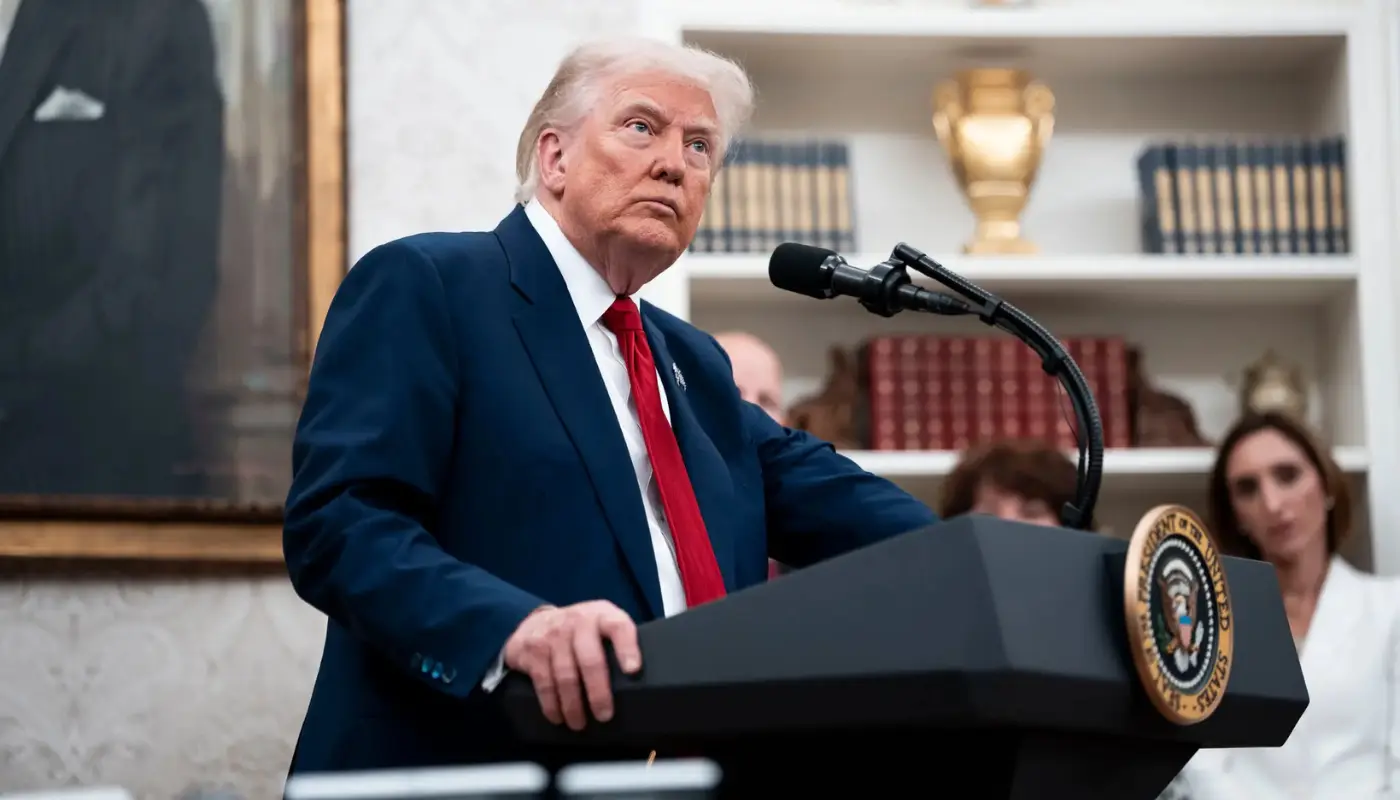In a landmark decision, the US Court of International Trade has ruled that former President Donald Trump’s “Liberation Day” tariffs, which imposed sweeping duties on a wide range of imports, were unconstitutional and exceeded presidential authority. The court found that Trump unlawfully invoked emergency powers under the International Emergency Economic Powers Act (IEEPA) to implement the tariffs without Congressional approval.
The tariffs, introduced in April 2025, included a 10% baseline duty on most imports, with higher rates on goods from countries with significant trade surpluses, such as China and the European Union. The administration justified these measures as necessary to address national economic emergencies.
However, the court determined that the economic conditions cited did not meet the statutory threshold of an “unusual and extraordinary threat” required under IEEPA. The ruling emphasized that the power to impose tariffs lies with Congress and that the executive branch overstepped its authority by unilaterally implementing these duties.
The decision was prompted by lawsuits from small business owners and several states, including Oregon and Arizona, who argued that the tariffs caused significant economic harm and violated constitutional principles. Plaintiffs reported drastic increases in import costs and substantial drops in sales due to the tariffs.
In response to the ruling, the court issued a permanent injunction against the enforcement of the tariffs and ordered U.S. Customs and Border Protection to cease their collection. The White House has announced plans to appeal the decision, defending the tariffs as necessary for national economic security.
This ruling marks a significant judicial check on the use of emergency economic powers and reinforces the constitutional limits on executive action in trade policy. It also underscores the ongoing debate over the balance of power between the executive and legislative branches in shaping U.S. trade policy.
Photo Credit: The New York Times




